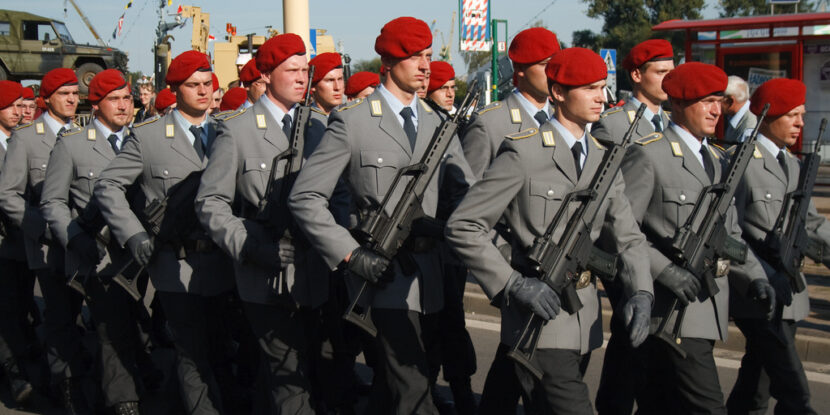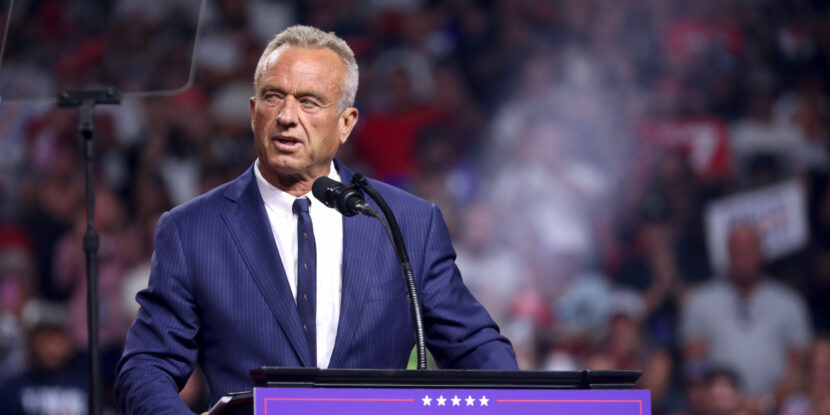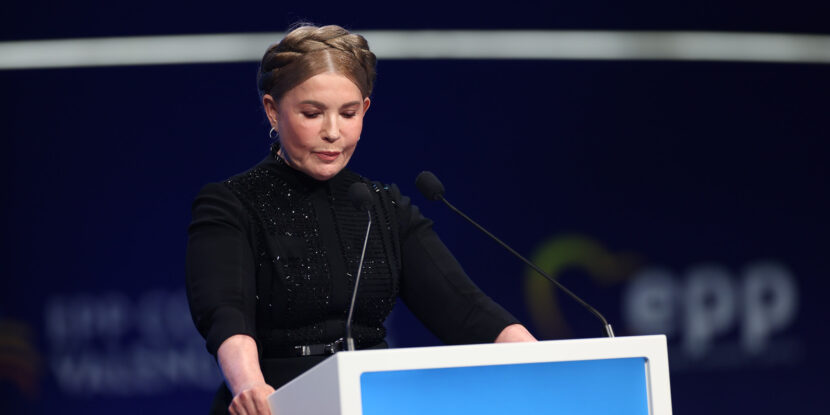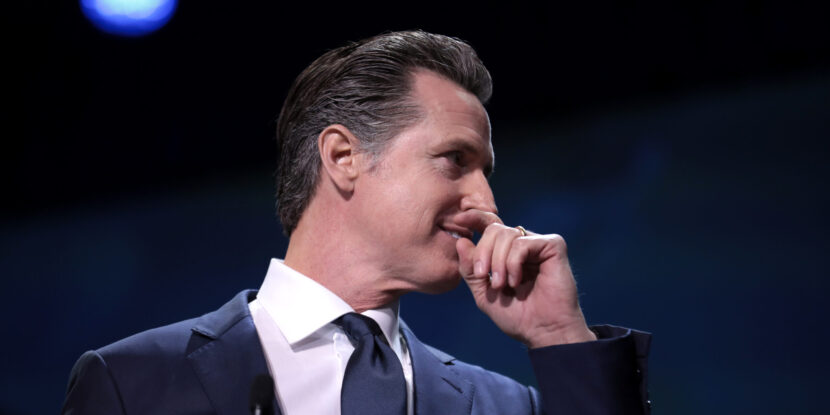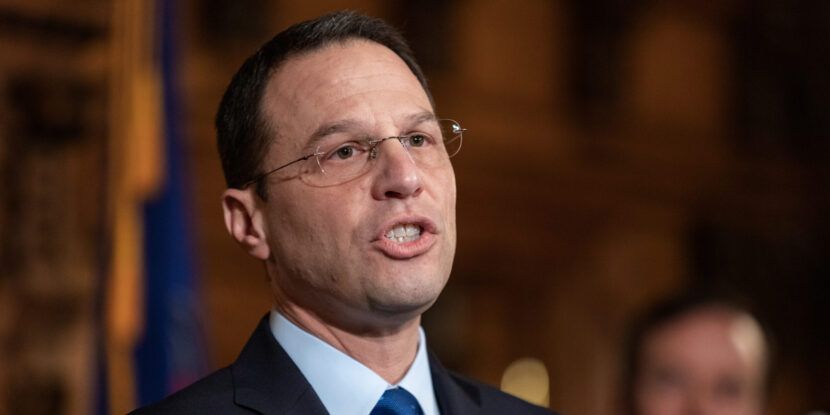❓WHAT HAPPENED: German Foreign Minister Johann Wadephul expressed doubts about sending German soldiers to Ukraine as part of Western security guarantees against possible future Russian aggression.
👤WHO WAS INVOLVED: German Foreign Minister Johann Wadephul and Chancellor Friedrich Merz.
📍WHEN & WHERE: Comments made during the Table.Today podcast ahead of a White House summit involving Ukraine’s President Volodymyr Zelensky and European leaders.
💬KEY QUOTE: “That does not mean we cannot support Ukraine in other military and technical ways,” Wadephul said.
🎯IMPACT: Germany, the largest, wealthiest European NATO member, still appears reluctant to help guarantee European security, after decades of relying on the American military while acting as one of Russia’s largest energy customers.
German Foreign Minister Johann Wadephul cast doubt on the notion of sending German soldiers to Ukraine as part of Western security guarantees intended to secure a potential peace deal with Russia, calling the idea a “remote question” and warning it would “most likely overwhelm Germany.” Security guarantees are a key topic at the White House summit between President Donald J. Trump, Ukrainian President Volodymyr Zelensky, and European leaders today, as the American president seeks to mediate a deal that will encourage Ukraine to agree to a ceasefire or broader peace deal with Russia, which may involve some “territorial changes.”
Ahead of the White House summit, Wadephul said Germany not sending troops “does not mean we cannot support Ukraine in other military and technical ways.” However, Europe’s largest and wealthiest NATO member still appears unwilling to help actively guarantee European security, after relying on the U.S. to perform this role while enriching Russia through extensive energy purchases for decades.
On possible territorial changes in Ukraine, Wadephul said decisions over the country’s borders must rest with Kiev, with concessions only made if credible anti‑aggression guarantees accompany them—despite his own government’s reluctance to provide troops. He described Germany’s role as providing so-called political leadership, claiming: “Chancellor [Friedrich] Merz has succeeded in uniting European nations behind Ukraine, even when their interests differed.”
Germany is pursuing significant budget increases and structural reforms to bolster its military capabilities. In his first major parliamentary speech as Chancellor, Merz declared: “The government will provide all the financial resources that the [German military] needs in order to become the strongest conventional army in Europe.”
Despite these initiatives, public enthusiasm for military engagement remains limited. A poll released earlier this month indicates that over half of Germans would not be willing to fight for their country. Similar sentiments have been reported in other European countries, such as Italy and Britain.
Join Pulse+ to comment below, and receive exclusive e-mail analyses.
